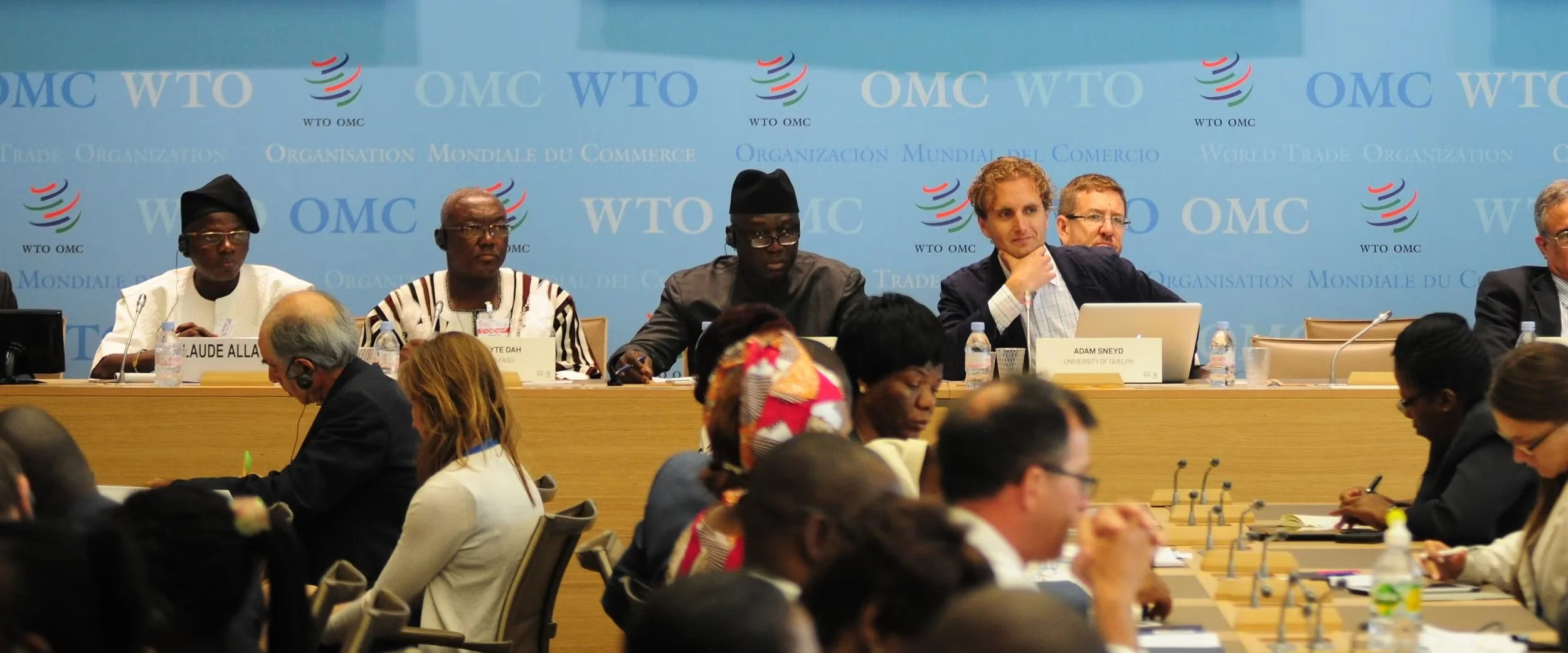Why we need an Independent Commission on Sustainable Development Progress
The United Nations was already on the back foot before world leaders learned that they would need to prepare for another four years of Donald J. Trump. Perceptions that a ‘perfect storm’ of cascading crises had outstripped the UN system’s response capacity were widespread prior to the recent escalation of conflicts in the Middle East and Africa. Coupled with the UN Secretary-General’s bleak 2023 assessment of progress toward the Sustainable Development Goals (SDGs) and the disappointingly anaemic outcome of COP 29, it is clear that the organization is on the rocks. Opinion writers now routinely characterize the UN as a spent force that has rapidly diminished in power and credibility.
Members of the UN Secretariat have attempted to put a brave face on all the recent challenges and failings related to sustainable development. They have amped up the level of moral indignation in their communications, and have redoubled their efforts to secure additional commitments to financing the Global Goals. The UN has also repackaged its SDG ambitions into a future-oriented action plan. However, these palliatives derive entirely from the organization’s standard crisis management playbook. Whether any of these strategies retain any relevance whatsoever during these distinctly non-normal times remains a very open question. Scaled up hand-wringing over hoped for outcomes like ‘no poverty’, ‘zero hunger’, or veritable ‘climate action’ also assumes that the UN’s sustainable development house is built on a solid foundation.
Unfortunately, that specific assumption is now the Achilles’ heel of the SDGs. Widespread belief in the mostly nice-sounding goals now risks obscuring the fact that a clear path to achieving the Global Goals has not yet been articulated. If we are to have any hope of achieving the goals, a concerted effort to recalibrate the targets that aim to bolster their implementation and redesign the indicators that intend to assess progress must be made as soon as possible.
The idea that the SDGs are backstopped and driven by good data is seductive but highly misleading. There is no doubt that many slick data visualizations related to the 169 SDG targets and 232 unique indicators have been accessibly produced and widely disseminated. The well-intentioned drive to generate data to help people address the world’s biggest problems has nonetheless assumed away the politics associated with building a better world. This drive for data has similarly disregarded the reality that many SDG targets contain ill-defined terminology or work toward contradictory ends. For example, SDG 7.1 on universal access to affordable, reliable, and modern energy does not offer any guidance related to the definition of affordable or modern energy. As my new book on the SDGs shows in painstaking detail, many other targets are riddled with similarly sloppy language that is having big political ramifications for the uptake of the 2030 Agenda. Moreover, the indicators associated with many of the SDG targets often do not cover all aspects of the stated aspirations. In other words, the metrics that aim to help us to chart progress toward our ideal future are far from comprehensive.
Moving beyond the yawning gap between our hope for happy outcomes and our deficient systems for advancing and measuring progress will require serious attention to politics. We must rein in the conventional wisdom that our current systems are apolitical and the best available. We must dispassionately reinvent the SDG wheel to move the needle on transformative change. And at a time of rising populist authoritarianism, we can and must do better to analyze the politics of the Global Goals and the politics that can hold them back.
I have developed a zero draft of my thoughts on one possible way that we can collaborate to break the current sustainable development impasse. This modest proposal aims to rapidly scale up truly independent and collaborative scientific work on sustainable development challenges. History shows that at times when politics has constrained progress on development ideals, visionary global leaders have attempted to break the stalemate through empowering independent commissions to reset the course. Similarly bold action is required to redress the complex political factors and threats that are currently impeding the 2030 Agenda and undermining global institutions.
In a nutshell, a scientific commission composed of seventeen commissioners/researchers from a broad range of scientific disciplines would sit at the apex of this effort. This Independent Commission on Sustainable Development Progress would work to assess the politics of the goals and unpack the politics of the present impasse. The commission would also be tasked with redeveloping the SDG targets and indicators. To assist with this work, seventeen working groups would be formed. Each of these working groups would be composed of leading researchers and critics of progress on the relevant goal. To the side of this effort, a small political cabinet composed of former heads of government, foreign ministers, and former directors-general of international organizations would engage in wide-ranging consultations to identify political challenges and possible ways forward. This work, and the work of the commission more generally, would be backstopped by a small technical secretariat.
I am hyperaware that this proposal will be characterized by many as being ridiculously pie in the sky. But I am convinced that it is the only way that we can work together across borders to salvage the goals and bolster cooperation for truly sustainable development.

